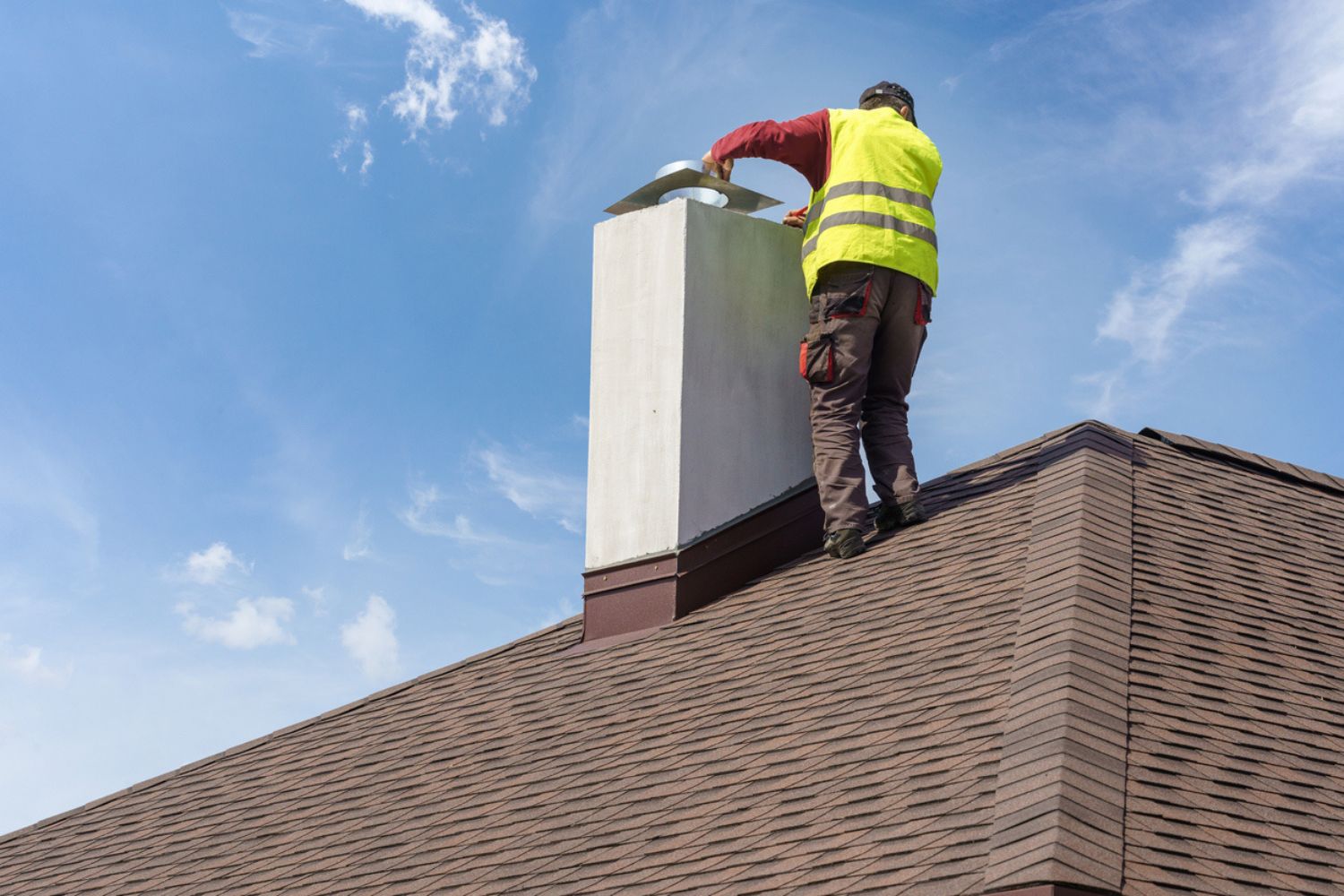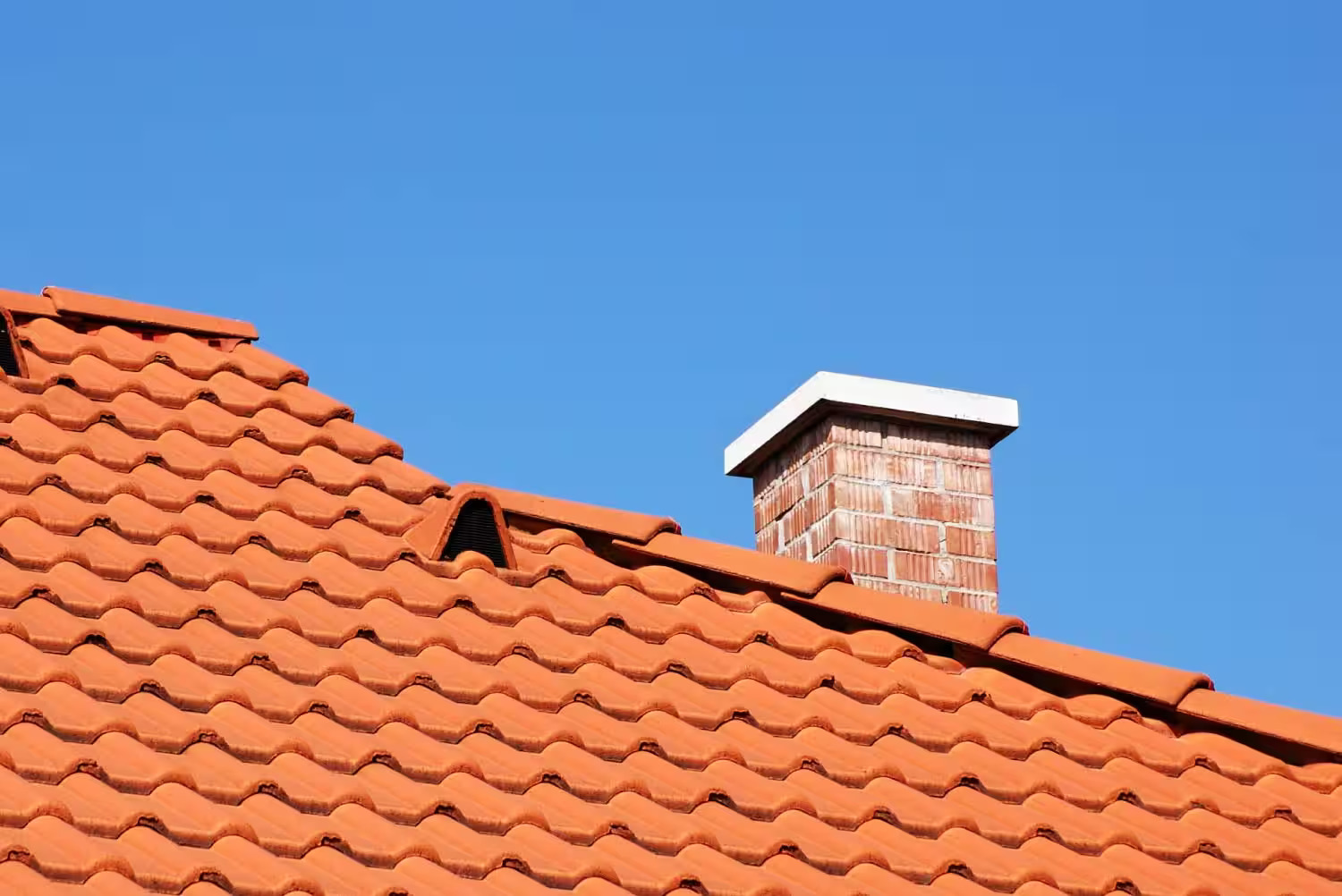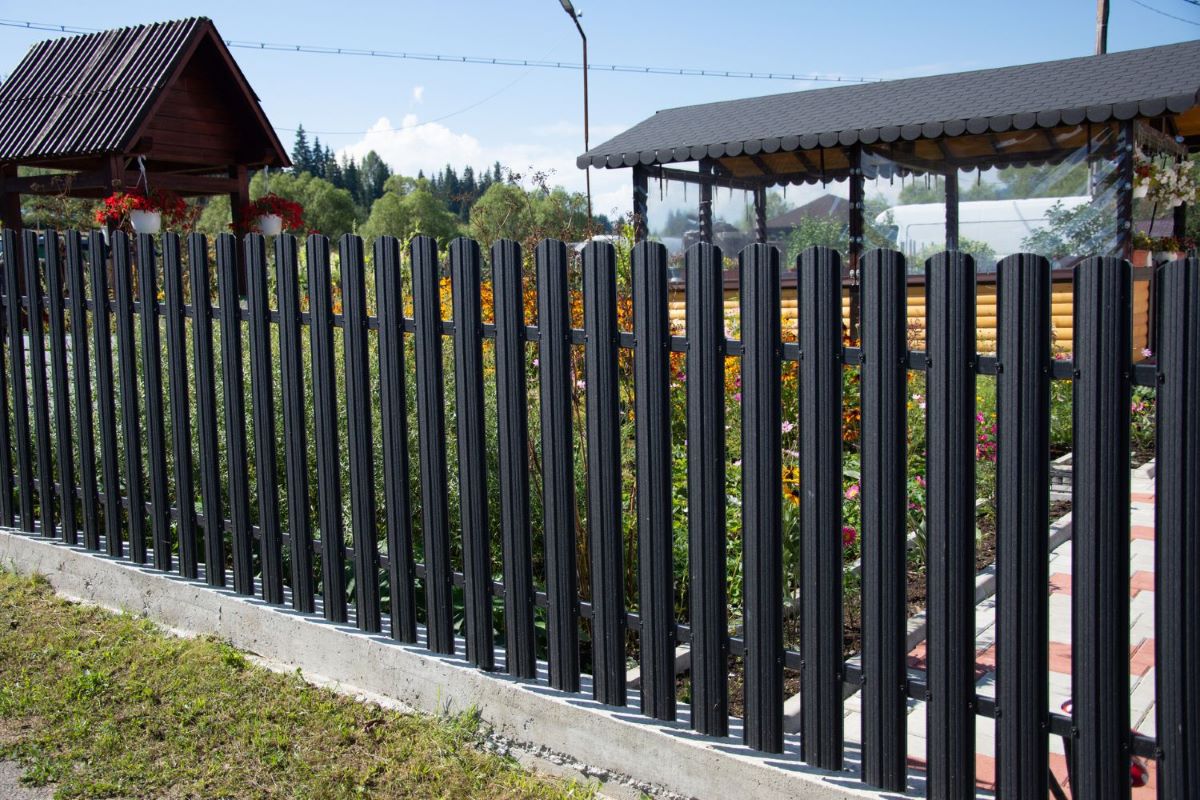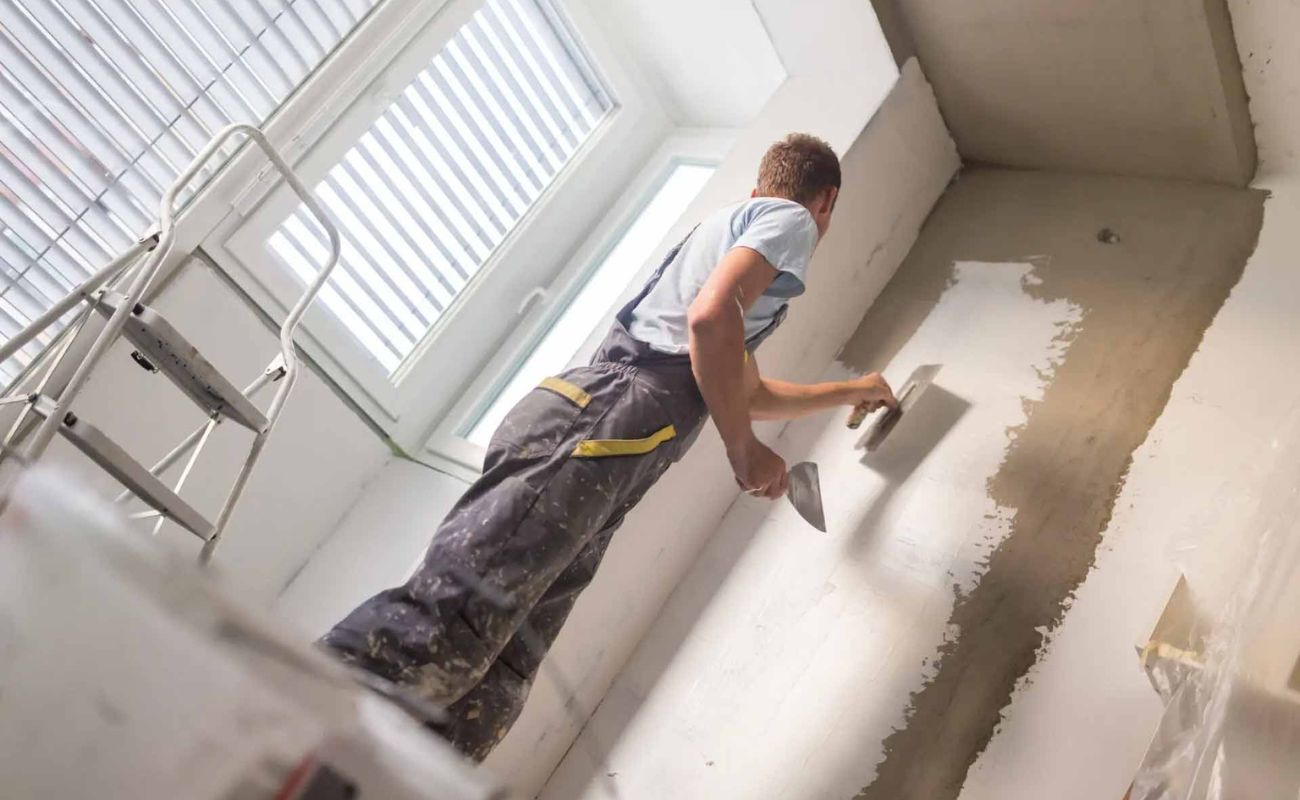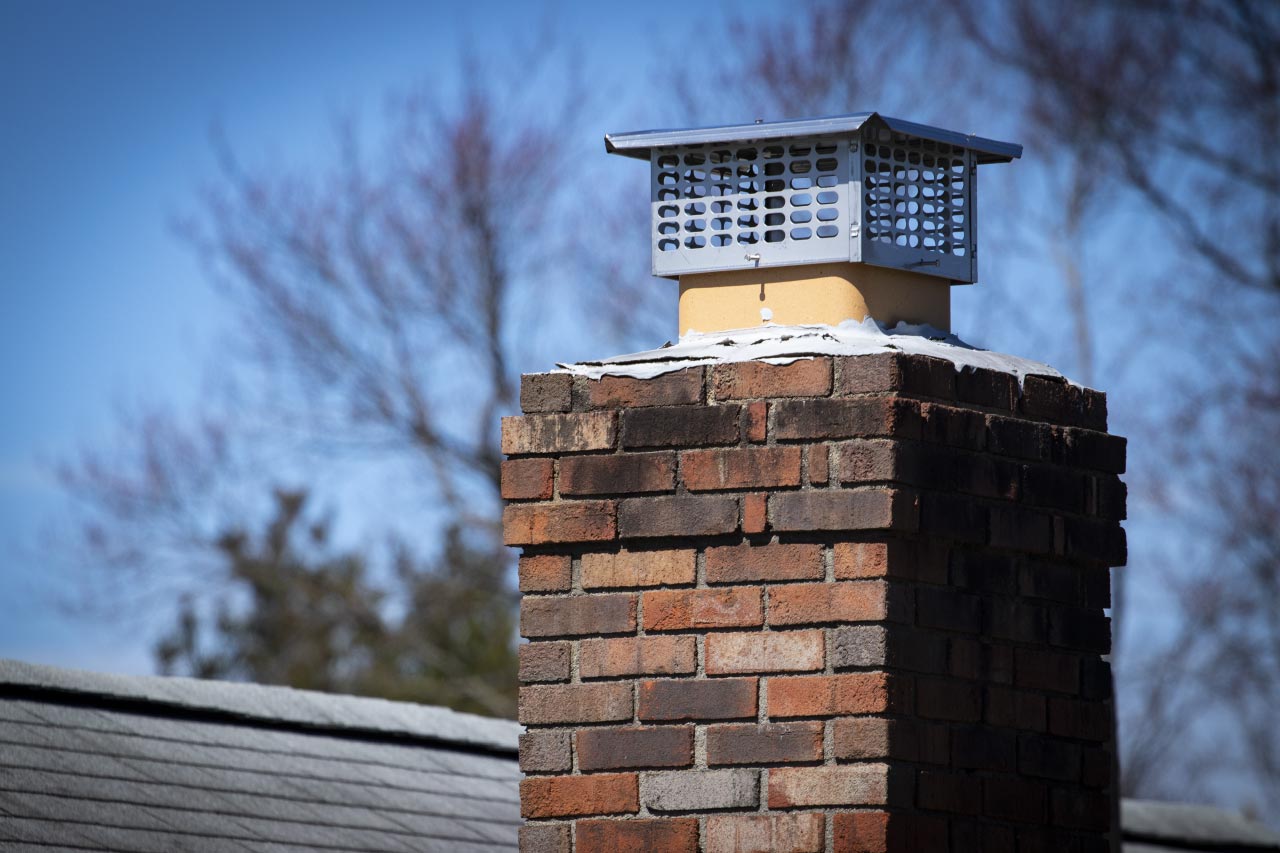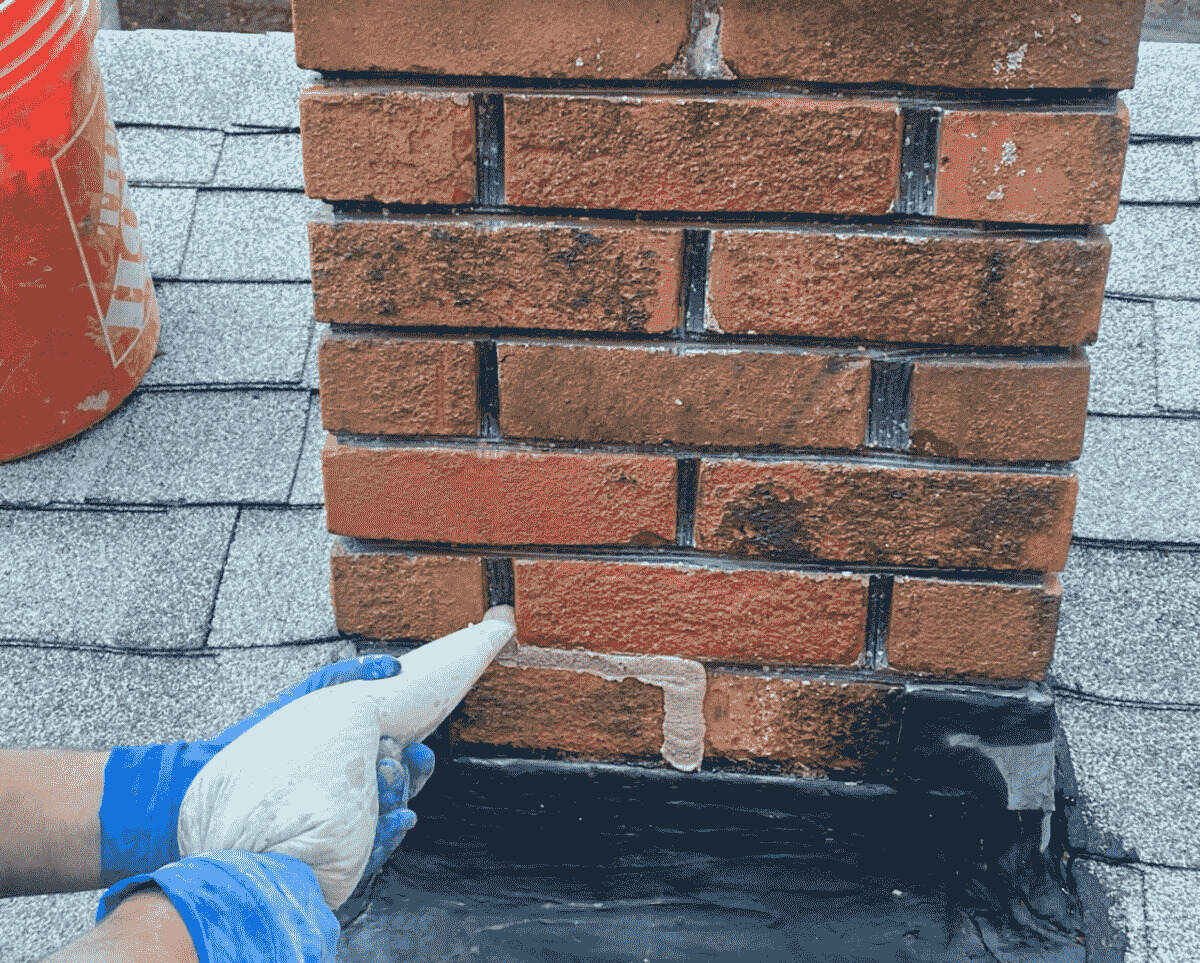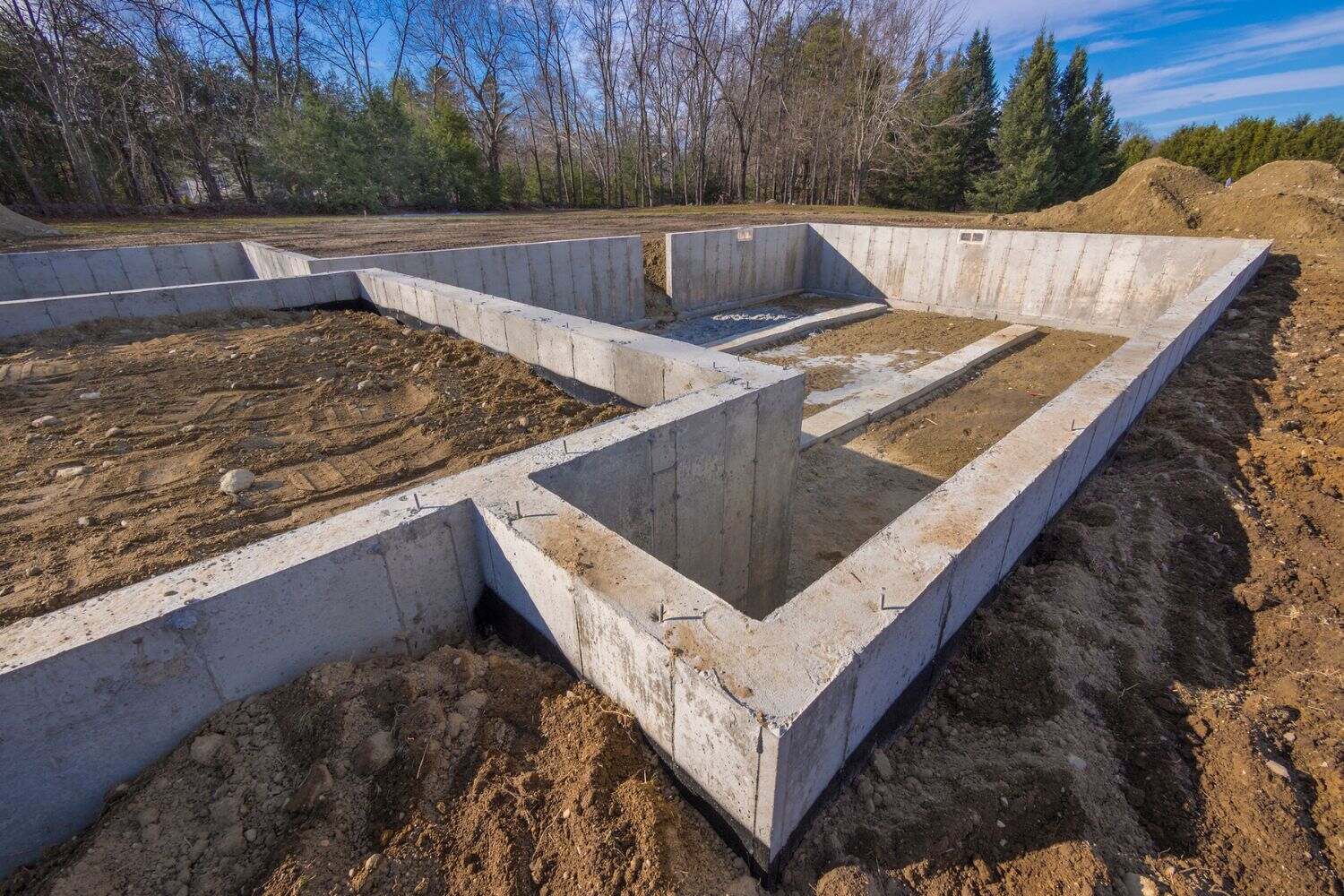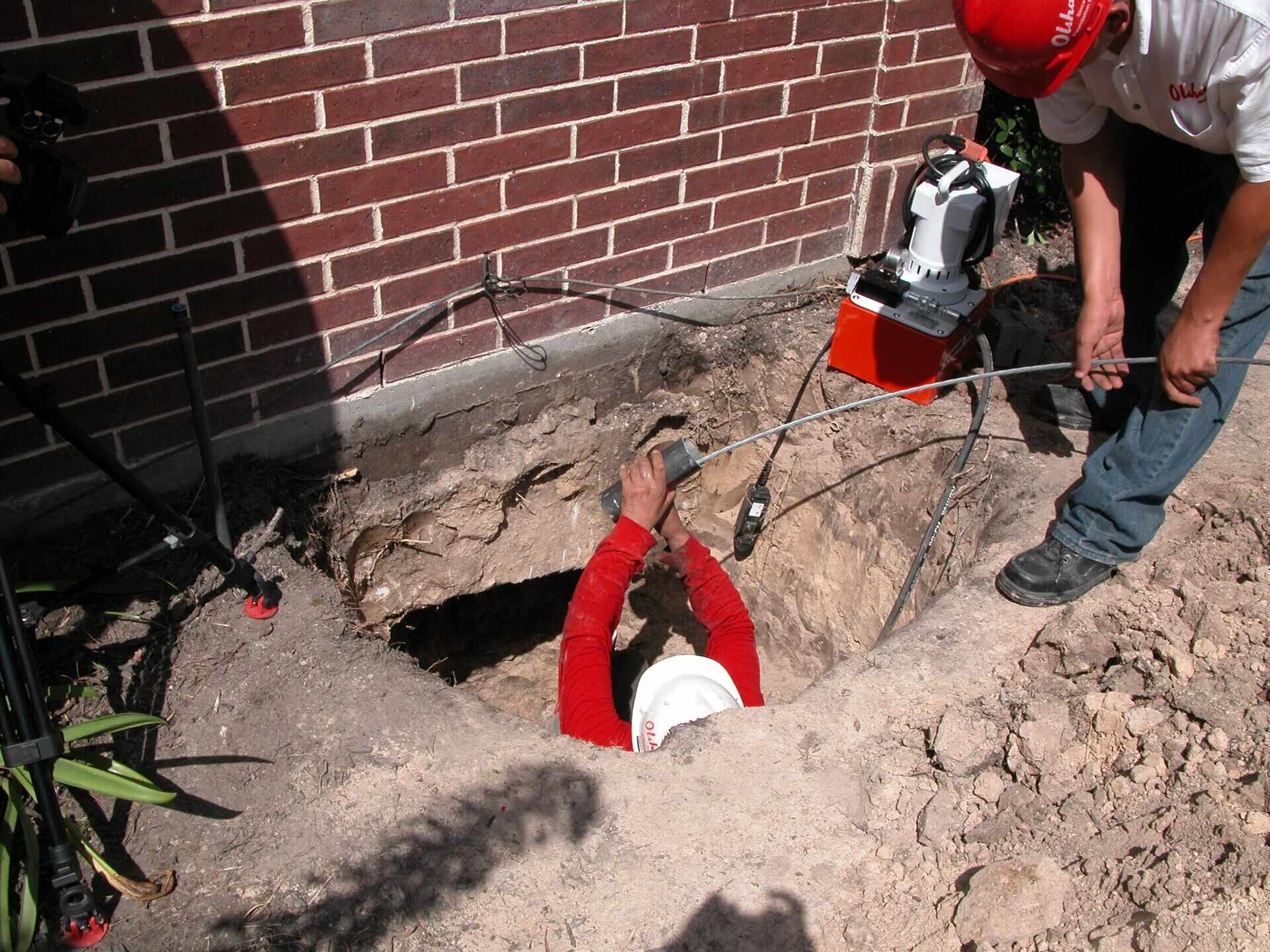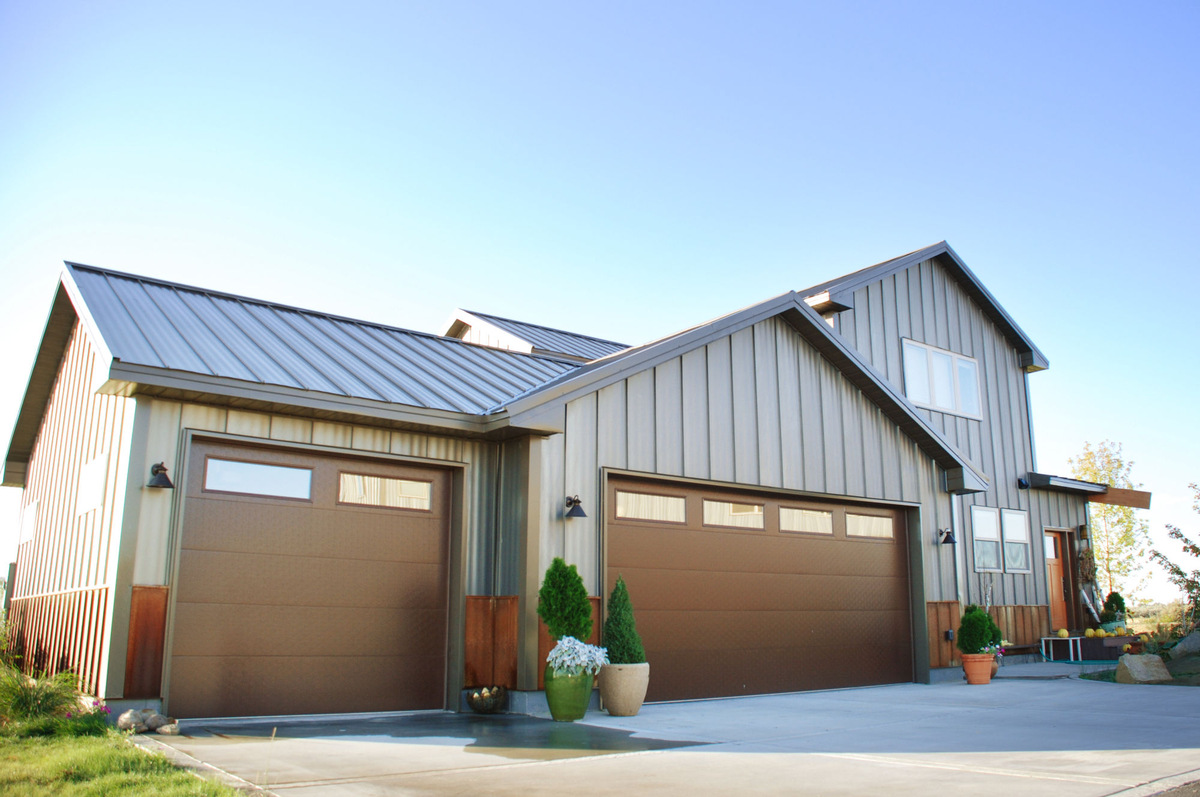Home>Home Maintenance>How Much Should Foundation Repair Cost
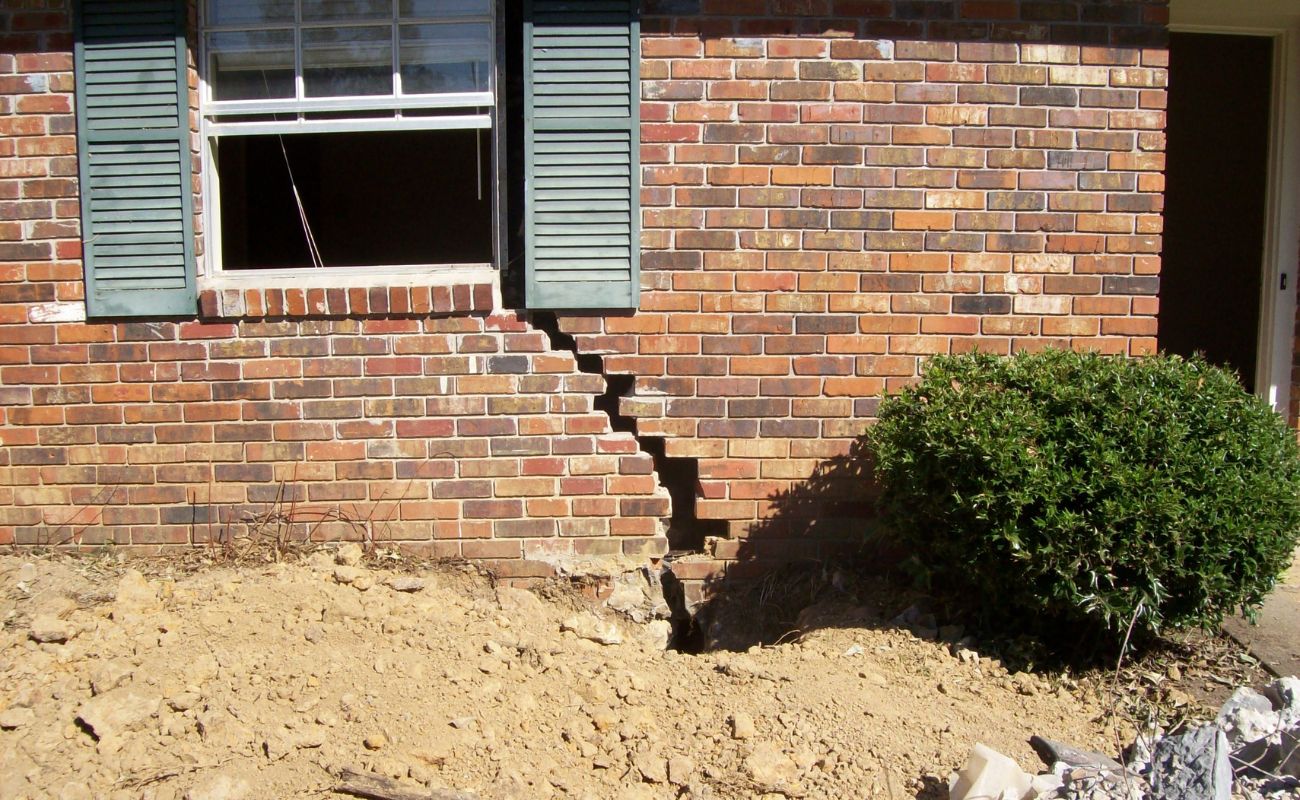

Home Maintenance
How Much Should Foundation Repair Cost
Modified: October 18, 2024
Find out the average cost of foundation repair for your home maintenance needs. Get expert tips and estimates to ensure a fair price.
(Many of the links in this article redirect to a specific reviewed product. Your purchase of these products through affiliate links helps to generate commission for Storables.com, at no extra cost. Learn more)
Introduction
Welcome to the world of home maintenance! As a homeowner, it’s important to stay on top of the various aspects of your property to ensure its longevity and safety. One critical area that often requires attention is the foundation. Over time, foundations can develop issues due to factors like soil settling, water damage, and natural wear and tear, leading to structural problems that need to be addressed promptly.
Foundation repair is an essential task that can help stabilize your home and prevent further damage. However, many homeowners are unsure about the cost of foundation repair. This article aims to shed light on this topic, providing insights into the factors that affect foundation repair costs, common types of foundation problems, and how to assess the extent of foundation damage.
Additionally, we will discuss important considerations when hiring a foundation repair contractor and provide an overview of average costs and ways to save money on foundation repair. By the end of this article, you will have a better understanding of foundation repair costs and be equipped with the knowledge to make informed decisions for your home.
So, let’s dive in and explore the world of foundation repair costs!
Key Takeaways:
- Foundation repair costs vary based on factors like foundation type, extent of damage, and repair method. It’s crucial to address issues early and obtain multiple quotes to save money.
- Signs of foundation problems include cracks, sticking doors, uneven floors, and water damage. Consulting a professional promptly can prevent further damage and ensure home safety.
Read more: How Much Should A Chimney Rebuild Cost
Factors that Affect Foundation Repair Costs
The cost of foundation repair can vary significantly depending on several factors. Understanding these factors can help you estimate the potential costs and plan accordingly. Here are some key factors that influence the overall cost of foundation repair:
- Foundation Type: The type of foundation your home has is a major determining factor in repair costs. Common types include slab foundations, pier and beam foundations, and basement foundations. Each type has unique characteristics and may require different repair techniques, which can affect the cost.
- Extent of Damage: The severity and extent of foundation damage play a crucial role in determining the cost. Minor cracks and settlement issues may be easier and more affordable to fix than significant structural damage or foundation failure. A thorough inspection by a professional can help determine the extent of the damage.
- Repair Method: There are various methods for repairing foundation issues, such as slabjacking, piering, or using hydraulic piers. The choice of repair method depends on the specific problem and the recommendations of the foundation repair expert. Different methods have different costs associated with them.
- Accessibility: The accessibility of the foundation can impact the cost of repair. If the foundation is easy to access, it is generally less labor-intensive and, therefore, less expensive to repair. However, if the foundation is located in a tight space or obstructed by landscaping or utilities, additional effort and resources may be required, resulting in higher costs.
- Location: The location of your home can also affect foundation repair costs. Factors such as local building codes, soil conditions, and the presence of expansive clay can influence the complexity of the repair process. Additionally, the cost of labor and materials can vary depending on the region.
- Additional Repairs: In some cases, foundation repairs may require additional work, such as fixing plumbing or drainage issues, repairing basement walls, or addressing mold and water damage. These additional repairs can significantly impact the overall cost of the project.
It’s important to consult with a professional foundation repair contractor who can assess your specific situation and provide a detailed estimate based on these factors. Remember, every home is unique, and the cost of foundation repair will vary accordingly.
Common Types of Foundation Problems
Foundation problems can arise due to various factors, ranging from natural soil movements to water-related issues. Understanding the common types of foundation problems can help homeowners identify potential issues and take proactive measures to address them. Here are some of the most common types of foundation problems:
- Foundation Settlement: Foundation settlement occurs when the soil beneath the foundation compresses or shifts, causing the foundation to sink or settle unevenly. This can lead to cracks in the walls, floors, and ceilings, as well as doors and windows that no longer close properly.
- Foundation Cracks: Cracks in the foundation can occur due to a variety of reasons, such as soil movement, hydrostatic pressure, or structural issues. These cracks can range from small hairline cracks to larger, more severe cracks that affect the stability of the foundation.
- Bowing or Leaning Walls: Over time, due to factors like soil pressure or hydrostatic pressure, basement or retaining walls may start to bow or lean inward. This can weaken the structural integrity of the walls and pose a risk to the overall stability of the foundation.
- Sagging or Uneven Floors: If you notice that the floors in your home are sagging or have become uneven, it may be a sign of foundation problems. Foundation settling, inadequate support, or moisture-related issues can lead to sagging or shifting floors.
- Basement Leaks: Water leaks in the basement can cause significant damage to the foundation. Hydrostatic pressure, poor drainage, or cracks in the foundation walls can result in water seepage and moisture-related issues like mold growth and deterioration of the foundation.
It’s important to note that these are just a few examples of common foundation problems. Other issues, such as foundation heave, expansive soil, or poor construction practices, can also cause foundation damage. If you suspect any foundation problems, it’s crucial to consult with a professional foundation repair contractor to assess the situation and provide appropriate solutions.
Remember, early detection and timely repair can prevent further damage and potentially save you from costly repairs down the line.
Assessing the Extent of Foundation Damage
When it comes to foundation damage, it’s essential to accurately assess the extent of the problem before proceeding with repairs. Proper assessment helps determine the appropriate repair methods and provides a clear understanding of the overall cost and timeline involved. Here are some steps to assess the extent of foundation damage:
- Visual Inspection: Start by visually inspecting the interior and exterior of your home for any signs of foundation damage. Look for cracks in the walls, floors, or ceilings, as well as doors and windows that stick or do not close properly. Outside, pay attention to any noticeable gaps or shifts in the foundation or signs of soil erosion.
- Hire a Professional: It’s advised to hire a professional foundation repair contractor who specializes in assessing foundation problems. They have the expertise and tools to conduct a thorough evaluation of your foundation. They will inspect the foundation, measure any shifts or slopes, and identify the underlying causes of the damage.
- Structural Evaluation: A professional may perform a structural evaluation of your home to determine if the foundation damage has affected other structural elements. They will check for any issues with load-bearing walls, beams, or columns, as well as the stability of the roof and floors.
- Soil Analysis: Soil conditions play a significant role in foundation health. A soil analysis helps identify the type of soil on your property and its potential for expansion or contraction. It helps determine if the foundation damage is a result of soil-related issues like expansive clay or poor drainage.
- Foundation Leveling: If the foundation has settled or shifted, a professional may use leveling equipment to measure the extent of the movement accurately. This helps in understanding the severity of the problem and deciding on the appropriate repair methods.
Based on the assessment, the foundation repair contractor will provide a detailed report outlining the extent of the damage, its underlying causes, and recommended repair solutions. They will explain the options available to you and guide you through the process of resolving the foundation issues.
Keep in mind that foundation damage can worsen over time if not addressed promptly. It is crucial to act quickly and seek professional guidance to prevent further damage and minimize the overall repair costs.
Hiring a Foundation Repair Contractor
When it comes to foundation repair, it’s important to choose a reputable and experienced contractor to ensure a successful and long-lasting solution. Here are some key considerations when hiring a foundation repair contractor:
- Research and Recommendations: Start by researching local foundation repair contractors in your area. Look for contractors with a solid reputation, positive customer reviews, and a history of successful projects. You can also ask friends, family, or neighbors for recommendations.
- License and Insurance: Ensure that the foundation repair contractor is licensed and insured. A valid license indicates that the contractor meets the necessary standards and qualifications. Insurance coverage protects you and the contractor in case of any accidents or damages during the repair process.
- Experience and Expertise: Foundation repair is a specialized field that requires specific knowledge and expertise. Look for contractors who have significant experience in the industry and a track record of successfully addressing foundation issues similar to yours. Ask about their training, certifications, and ongoing education in foundation repair techniques.
- Free Consultations and Written Estimates: Reputable contractors typically offer free consultations and provide written estimates outlining the scope of work and the associated costs. During the consultation, pay attention to their level of professionalism, communication skills, and willingness to answer your questions. A transparent and detailed estimate helps you understand the repair process and budget accordingly.
- Warranties and Guarantees: Inquire about the warranties and guarantees offered by the contractor. A reliable contractor should provide warranties on their workmanship and stand behind the quality of their repairs. This gives you peace of mind knowing that any issues that may arise after the repair will be addressed.
- References and Portfolio: Ask the contractor for references from previous clients and request to see their portfolio of completed projects. Contacting references allows you to gain insight into the contractor’s professionalism, timeliness, and the overall satisfaction of their past clients. Reviewing their portfolio helps you assess the quality of their work.
It’s important to take your time in the hiring process and ask all the necessary questions to make an informed decision. Remember, foundation repair is an investment in the long-term stability and value of your home, so it’s essential to select a contractor you trust.
By doing your due diligence and choosing the right foundation repair contractor, you can have peace of mind knowing that your home is in capable hands and that the repairs will be done efficiently and effectively.
When considering the cost of foundation repair, it’s important to get multiple quotes from reputable contractors. Be wary of significantly lower prices, as they may indicate lower quality work. Always ask for references and check the contractor’s credentials.
Read more: How Much Does A Mobile Home Foundation Cost
Average Costs of Foundation Repair
The cost of foundation repair can vary widely depending on factors such as the size of the foundation, the extent of the damage, and the repair method needed. However, it’s helpful to have a general understanding of the average costs involved to better plan your budget. Here is an overview of the average costs of foundation repair:
Minor Repairs: Minor foundation repairs, such as fixing small cracks or addressing minor settlement issues, can cost anywhere from $500 to $1,500. These repairs typically involve filling cracks with epoxy or polyurethane sealants, or using slabjacking techniques to lift and level the foundation.
Moderate Repairs: For moderate foundation repairs that involve more significant structural issues, such as repairing bowed walls or addressing moderate settling, the cost can range from $3,000 to $10,000. These repairs may require methods like installing carbon fiber reinforcement or using helical piers to stabilize and straighten the foundation.
Significant Repairs: In cases of severe foundation damage, extensive repairs may be necessary, such as underpinning the foundation or replacing sections of the foundation. These types of repairs can cost anywhere from $10,000 to $30,000 or more, depending on the size and complexity of the project.
Additional Factors: It’s important to note that the costs mentioned above are rough estimates and can vary significantly based on additional factors. These factors include the location of your home, the accessibility of the foundation, the soil conditions, and any additional repairs required, such as fixing drainage issues or repairing plumbing.
It’s recommended to consult with multiple foundation repair contractors to obtain detailed quotes based on the specific needs of your home. They will assess the extent of the damage, recommend the most appropriate repair methods, and provide accurate estimates. This step allows you to compare prices and choose the contractor that offers the best value for your investment.
Remember, foundation repair is a critical aspect of home maintenance, and investing in high-quality repairs can save you from more significant issues and expenses in the future. While the cost of foundation repair may seem daunting, it is an investment that protects the structural integrity and value of your home.
Cost Breakdown for Foundation Repair
When it comes to foundation repair, understanding the cost breakdown can help homeowners better plan and budget for the project. While the exact costs will depend on various factors, here is a general breakdown of the expenses involved in foundation repair:
- Initial Inspection: Before any repairs take place, a professional foundation repair contractor will typically conduct an initial inspection to assess the extent of the damage and provide a detailed evaluation. This inspection may come with a fee, which can range from $100 to $500, depending on the complexity of the assessment.
- Repair Method: The choice of repair method will significantly impact the cost. Different techniques are used based on the specific foundation problem, such as slabjacking, piering, or wall anchoring. The cost of the chosen repair method can vary widely, ranging from a few hundred dollars for minor crack repairs to several thousand dollars for more extensive foundation stabilization methods.
- Labor Costs: Labor costs will depend on the complexity of the project, the required expertise, and the duration of the repairs. Foundation repair professionals typically charge an hourly rate or a fixed fee based on the scope of the work. On average, labor costs can range from $50 to $150 per hour.
- Material Costs: The materials needed for foundation repair will vary based on the chosen repair method. These can include epoxy or polyurethane sealants, carbon fiber reinforcement, helical piers, or concrete. Material costs can range from a few hundred dollars for minor repairs to several thousand dollars for more extensive projects.
- Permit Fees: Depending on local regulations and the extent of the repair work, you may need to obtain permits from your municipality. Permit fees can vary but typically range from $100 to $500, depending on the location and the complexity of the repairs.
- Additional Costs: In some cases, additional costs may arise during the foundation repair process. This can include costs for addressing drainage issues, repairing plumbing, or dealing with mold or water damage. These costs will vary depending on the specific requirements of your home.
It’s important to note that these are general cost categories, and the actual expenses can vary depending on the unique needs of your home. Consultation with a professional foundation repair contractor is crucial to receive accurate cost estimates tailored to your specific situation.
Remember, investing in high-quality foundation repairs is essential for the long-term stability and value of your home. While the cost of foundation repair may initially seem significant, addressing foundation issues promptly can help prevent further damage and potential catastrophic structural failure.
Ways to Save Money on Foundation Repair
Foundation repair is an important investment in maintaining the structural integrity of your home. While the costs involved can vary depending on the extent of the damage and the repair method required, there are several ways to save money on foundation repair. Here are some tips to help you reduce the overall expenses:
- Address Issues Early: Promptly addressing foundation problems at the first sign of damage can help prevent further deterioration and potentially save you from more extensive and costly repairs in the future. Regularly inspect your home for any signs of foundation issues, such as cracks or uneven floors, and take immediate action.
- Get Multiple Quotes: Don’t settle for the first foundation repair contractor you come across. Obtain multiple quotes from reputable contractors in your area. This allows you to compare prices and services to ensure you are getting a fair and competitive price.
- Seek Financing Options: Depending on the severity of the foundation damage and your financial situation, you may explore financing options to help cover the costs. Some foundation repair contractors offer financing plans or can provide guidance on obtaining low-interest loans for home repairs.
- Preventive Measures: Taking preventative measures can help minimize future foundation issues and potential repairs. Proper drainage systems, landscaping alterations to divert water away from the foundation, and regular maintenance of gutters and downspouts can all help prevent water-related damage to your foundation.
- Consider Partial Repair: Depending on the extent of the damage, it may be possible to opt for partial repairs instead of a full foundation overhaul. Discuss with your contractor if targeted repairs to specific areas of the foundation can be a viable and cost-saving option for your situation.
- Insurance Coverage: Check with your homeowner’s insurance provider to see if your policy covers foundation repair. Although many insurance policies do not cover foundation repairs, there may be circumstances where specific types of damage, such as due to a plumbing leak or a natural disaster, are covered.
- Maintain Proper Moisture Levels: Maintain a consistent moisture level around your home’s foundation to prevent soil expansion or contraction, which can lead to foundation problems. Proper landscaping and regular watering can help control soil moisture levels and reduce the risk of damage.
- DIY Prevention and Maintenance: Some preventive measures and minor repairs can be done by homeowners themselves. Keep the foundation area clear of excess vegetation, control the level of water near the foundation, and address small cracks with appropriate sealants. However, for more complex repairs, it’s always recommended to hire a professional.
While these tips can help you save money on foundation repair, it’s important to prioritize the quality of the repairs and the expertise of the contractor. Cutting corners or opting for cheap, subpar repairs can lead to further issues down the line, resulting in higher costs in the long run.
Remember, the goal is to address foundation problems effectively while being mindful of your budget. Consult with a professional foundation repair contractor, discuss your financial constraints, and work together to find the best solutions that balance quality and affordability.
Signs of Foundation Problems
Foundation problems can have a significant impact on the structural integrity and safety of your home. It’s important to be aware of the signs that may indicate foundation issues so that you can address them promptly. Here are some common signs of foundation problems to look out for:
- Cracks in Walls, Floors, and Ceilings: One of the most visible signs of foundation problems is the presence of cracks in the walls, floors, or ceilings. These cracks may appear as small hairline cracks or more significant fissures and can be found both inside and outside the house.
- Sticking Doors and Windows: Foundation issues can cause door frames and window frames to become misaligned, resulting in doors and windows that stick or do not close properly. You may notice difficulty in opening or closing doors and windows that used to function smoothly.
- Uneven Floors: If you find that the floors in your home are sloping or uneven, it could be a sign of foundation problems. Uneven floors may cause cabinets or other furniture to tilt or become unstable.
- Gaps in Between Walls, Floors, or Ceiling: Foundation issues can cause gaps to appear between walls, floors, or the ceiling. These gaps may appear as noticeable separations or spaces where the materials no longer align correctly.
- Bowed or Leaning Walls: When the foundation shifts or settles unevenly, it can cause walls to bow or lean inward. This can be seen as visibly curved or bulging walls, particularly in basements or retaining walls.
- Water Damage or Mold Growth: Foundation problems can lead to water seepage or leaks in the basement or crawl space. If you notice water stains, mold growth, or a damp musty smell in these areas, it may indicate foundation issues that are allowing water to penetrate into the home.
- Separation of Exterior Materials: Look for signs of separation or gaps between exterior materials, such as brick, stone, or siding. If these materials start to pull away from each other, it could indicate shifting or settling of the foundation.
- Cracked or Sinking Foundation: Visible cracks in the foundation itself or signs of sinking, such as the foundation appearing lower or sunken in certain areas, are clear indications of foundation problems that need attention.
If you notice any of these signs, it’s crucial to consult with a professional foundation repair contractor. They have the expertise to assess the extent of the problem and recommend appropriate repair solutions. Early detection and timely repairs can help prevent further damage and ensure the stability and safety of your home.
Keep in mind that these signs may also be indicative of other issues, so it’s important to have a professional inspection to accurately diagnose the cause of the problems and provide appropriate solutions.
Conclusion
Maintaining a solid foundation is crucial for the safety and longevity of your home. Understanding the factors that affect foundation repair costs, common types of foundation problems, and how to assess the extent of damage can help you make informed decisions when it comes to foundation repair. By hiring a reputable contractor, you can ensure that the repairs are done correctly and efficiently.
While the average costs of foundation repair can vary depending on factors such as the type of repair needed and the extent of damage, it is important to prioritize the quality and effectiveness of the repairs. Cutting corners or opting for temporary fixes may lead to more significant issues down the line, resulting in higher costs in the long run.
However, there are ways to save money on foundation repair, such as addressing issues early, obtaining multiple quotes, and exploring financing options if needed. It is also essential to take preventive measures to minimize the risk of foundation problems in the first place.
Being aware of the signs of foundation problems, such as cracks in walls, sticking doors and windows, and uneven floors, allows you to take swift action and prevent further damage. Consulting with a professional foundation repair contractor and addressing issues promptly can safeguard your home and potentially save you from more extensive repairs in the future.
Remember, a strong foundation is the backbone of your home. By staying proactive and investing in high-quality repairs when needed, you can ensure the stability, safety, and value of your home for years to come.
Frequently Asked Questions about How Much Should Foundation Repair Cost
Was this page helpful?
At Storables.com, we guarantee accurate and reliable information. Our content, validated by Expert Board Contributors, is crafted following stringent Editorial Policies. We're committed to providing you with well-researched, expert-backed insights for all your informational needs.
